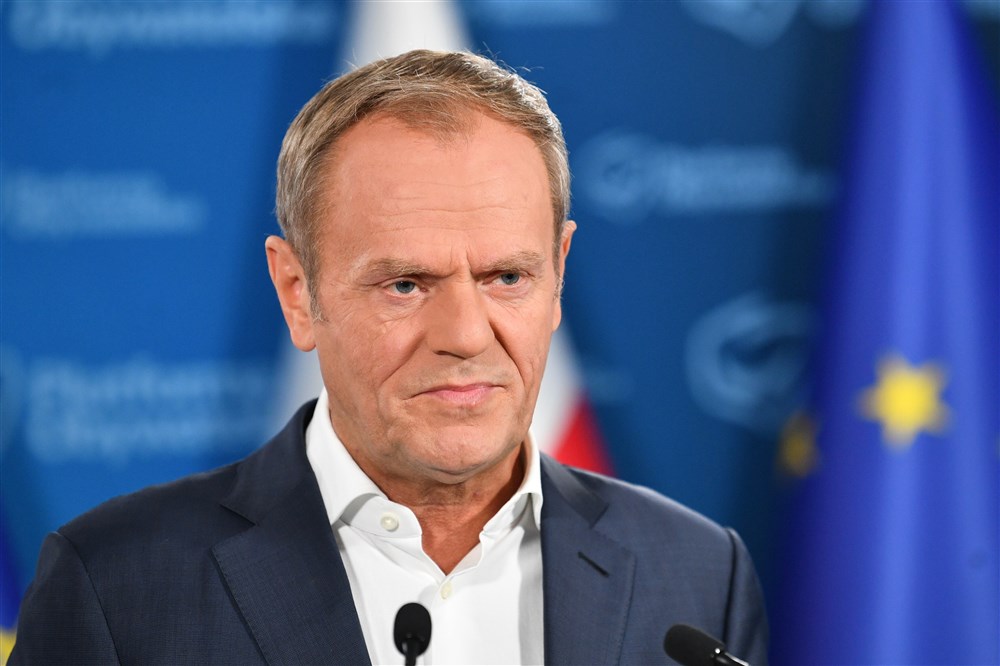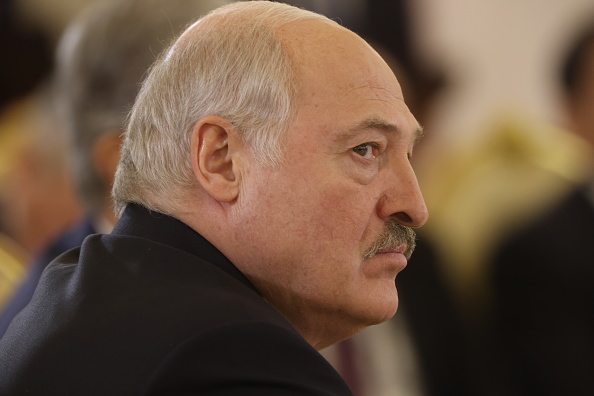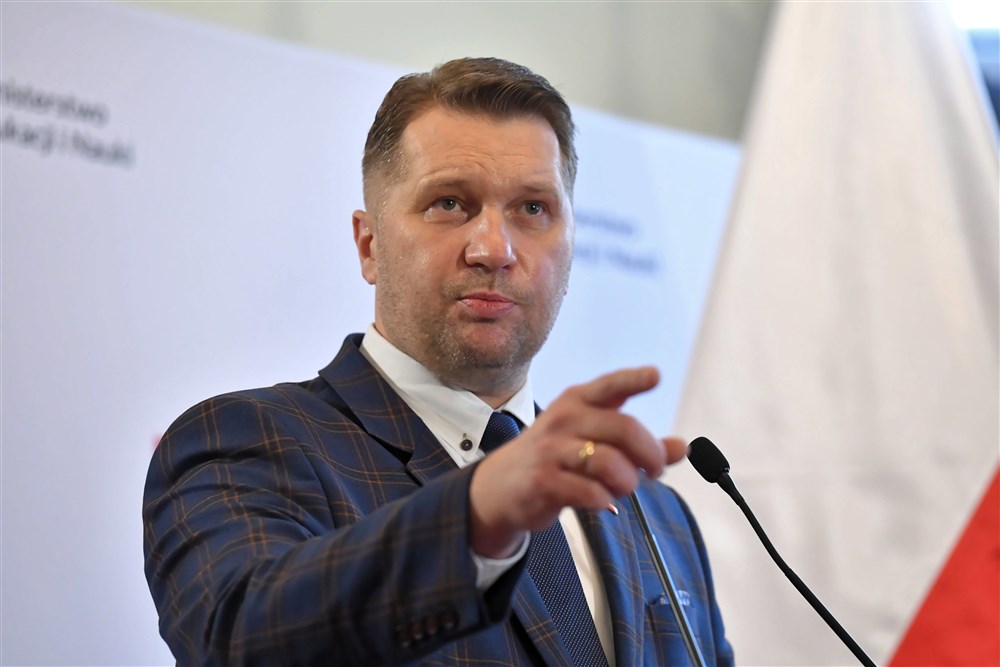Poland’s largest opposition party, the Donald Tusk-led liberal PO, staged a massive demonstration in Warsaw on Sunday to protest at the policies of the ruling conservatives and to mobilise support ahead of this autumn’s general election.
Tusk and his party claimed that some 500,000 people attended the march through the centre of Warsaw, although sources close to the police estimated the number to have been around 150,000.
Demonstrators were protesting against high prices, alleged government corruption and violations of the rule of law, alongside what they perceive as Poland’s drift away from the European Union. The opposition liberals, unlike the conservatives, support further European integration including Poland adopting the Euro as its currency, abortion on demand and LGBT+ rights.
The date of June 4 was chosen because it marked the 34th anniversary of the first partially free elections in Poland, which paved the way for the country’s return to democracy. The ruling conservatives believe that return was marked by too many compromises with the former communists at the expense of working-class Poles, and that not enough was done to eradicate Russian influence over Poland.
Attendance figures at the march were boosted by the controversy surrounding legislation that established a special commission to investigate alleged Russian influence over Polish politics. The opposition has alleged that the move specifically targets Tusk and other opposition politicians with its provision for barring individuals from holding public office.
Polish President, Andrzej Duda, an ally of the ruling conservatives, was apparently unnerved by negative domestic and international reactions to the passage of the legislation. On Friday, he proposed to remove the most controversial parts of the new rules, such as the possibility of debarring individuals from holding office.
Both the European Commission and the US State Department have expressed concerns that the law could be used to stop opposition politicians from standing for election and in future holding public office and that it undermines the principle of the separation of powers.
Opposition members were not impressed with Duda’s seeming remorse over the legislation, deriding him for having changed his mind just four days after wholeheartedly backing the rules .
The final decision on whether the President’s proposed amending legislation will actually be processed in Parliament will be made by Jarosław Kaczyński, the leader of the ruling Law and Justice party.
Speaking during his weekend visit to the South-East of Poland, Kaczyński seemed to keep his options open on whether his party will support the President’s proposal by saying he and his party were “pleased that President Duda was not attempting to stop the investigation [into Russian influence in Poland] from proceeding”.
Polish Prime Minister, Mateusz Morawiecki, downplayed the importance of the demonstration, saying it had been organised by old political “foxes” rather than the grass roots. Morawiecki said that he had heard from local government officials how the liberals had pressed allied mayors to mobilise activists and employees of local government to attend the march.
Piotr Mueller, the government’s press spokesman, commented on Twitter that the opposition is seeking to deflect attention away from its failed policies on Russia.
“Today, the chairman of the Civic Platform and the former president of Poland are trying to overthrow the government that broke with the reset policy in relations with Russia, which was designed by Donald Tusk and Radosław Sikorski (foreign minister in Tusk’s government),” Mueller wrote.
Pewne rzeczy się nie zmieniają. 3️⃣1️⃣ lat temu, 4️⃣ czerwca, Lech Wałęsa i @donaldtusk pod osłoną nocy obalali rząd premiera Jana Olszewskiego. Był to rząd przełomu, który jednoznacznie opowiedział się za polskim ?? członkostwem w @NATO i wspólnotach europejskich. Dziś… pic.twitter.com/P2Uh0PeESe
— Piotr Müller (@PiotrMuller) June 4, 2023
Opinion polls still put the ruling conservatives ahead of Tusk’s PO. However, the ruling party’s current ratings would be unlikely to give it an overall majority in a vote.





